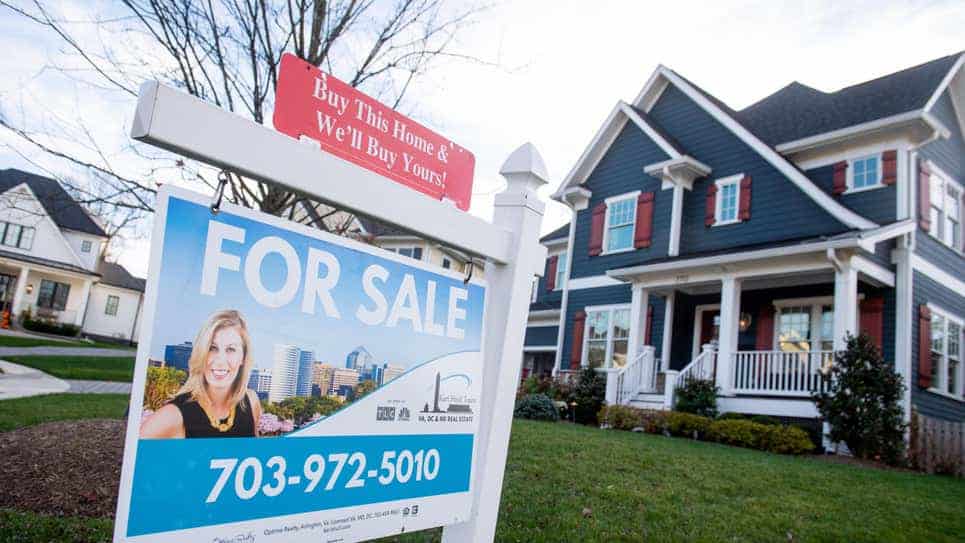
Zillow is getting out of the house-flipping business and will fire a large percentage of its staff, after admitting that it greatly overestimated its ability to wrangle “the unpredictability in forecasting home prices.”
In a dire quarterly earnings report published Tuesday, the company announced that it would be shutting down Zillow Offers, its division devoted to house flipping and selling. The company, which primarily operates as a digital real estate market, simultaneously announced that it would be letting go a quarter of its staff—or some 2,000 workers. The dissolution of “Offers” means that Zillow stands to suffer a write-down (i.e. loss) of some $540 million, company officials reported.
Zillow has been one of droves of companies attempting to cash in on the new “iBuying” trend—the fad that sees banks, real estate companies, and other firms buying up houses en masse to capitalize on America’s white-hot housing market. The trend, which involves giant companies using algorithms and other high-tech tools to competitively bid for properties they don’t need, has helped fuel skyrocketing housing prices and, in many cases, made it exceedingly hard for normal people to buy homes. Often, the companies try to procure houses and then re-sell them at higher rates to homebuyers, or convert the houses into rental properties.
Zillow began “iBuying” in 2018 and it launched Zillow Offers in December of 2019. The company once projected that it could make as much as $20 billion a year off of the venture and, for the past year or so, it’s been on a house-buying spree to try to attain that goal.
However, the company’s gamble has not only not paid off, but it has come back to bite it extremely hard in the ass. Vice News recently reported that the company’s focus on growth over actual profits meant that “Offers” has actually been losing a lot of money rather than earning it.
The first signs of real trouble for the division surfaced about two weeks ago, when Zillow reported that it would be halting its home-buying binge due to supply chain and labor shortage issues. Then, a week later, it was reported that the firm had purchased way too many houses and was hemorrhaging money as it was forced to sell them for reduced prices instead of the markups they had hoped for. Now, the wheels would appear to have totally come off and, naturally, mass layoffs have commenced.
“We’ve determined the unpredictability in forecasting home prices far exceeds what we anticipated and continuing to scale Zillow Offers would result in too much earnings and balance-sheet volatility,” said Zillow Group co-founder and CEO Rich Barton. “While we built and learned a tremendous amount operating Zillow Offers, it served only a small portion of our customers. Our core business and brand are strong, and we remain committed to creating an integrated and digital real estate transaction that solves the pain points of buyers and sellers while serving a wider audience.”
Zillow further claims that it will be re-focusing on its “core business”—i.e., providing a digital place for consumers to browse for homes, rather than trying to sell them those homes outright.





























